
New to the beauty scene is Oleum Vera, a fresh new line of “Do-It-Yourself” organic and sustainability-minded beauty kits that allow you to create a customized hair care regimen using pure,...
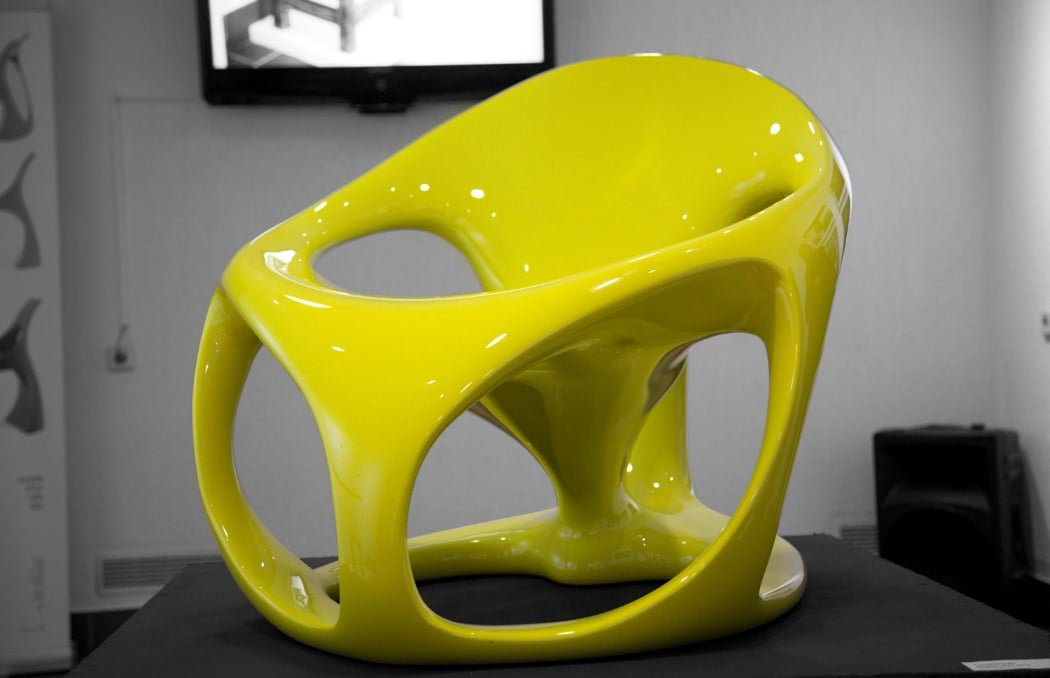
Sometimes it’s okay to put functionality aside and just build something that is elaborate and larger than life. I see the Bionic chair aligning perfectly with what we say a lot here at Yanko, “Form beyond Function”. Designed as a single piece with no discernible difference between the legs, or the arms, or even the backrest and seat for that matter, the Bionic Armchair is truly a champion of fluid, organic design.
Designer: Igor Solovyov
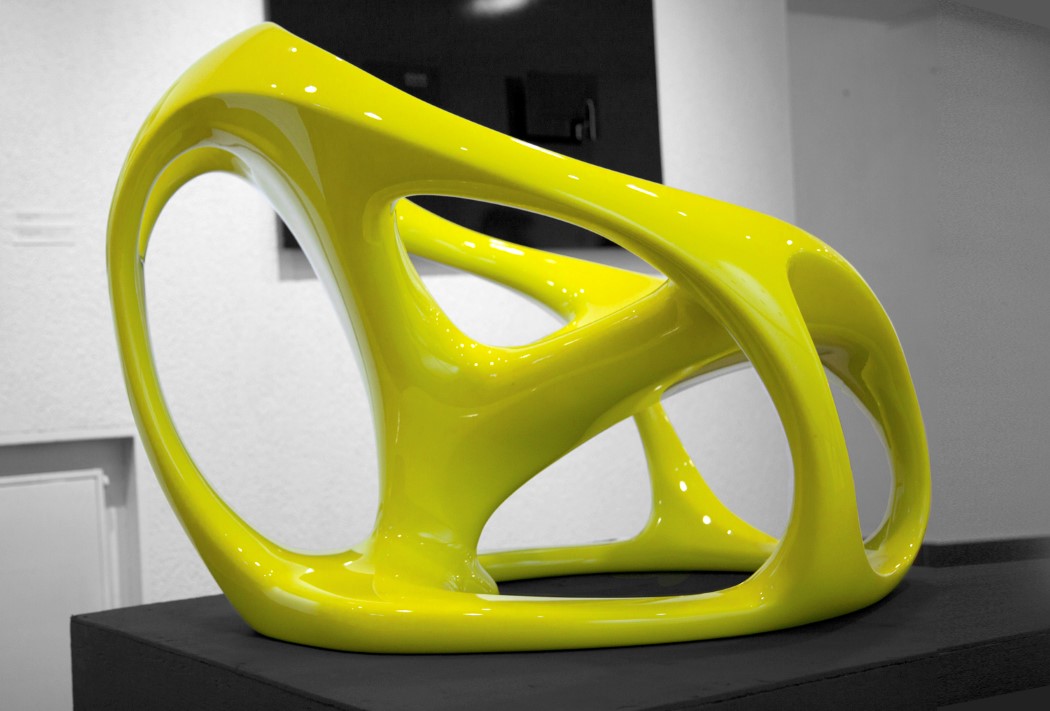
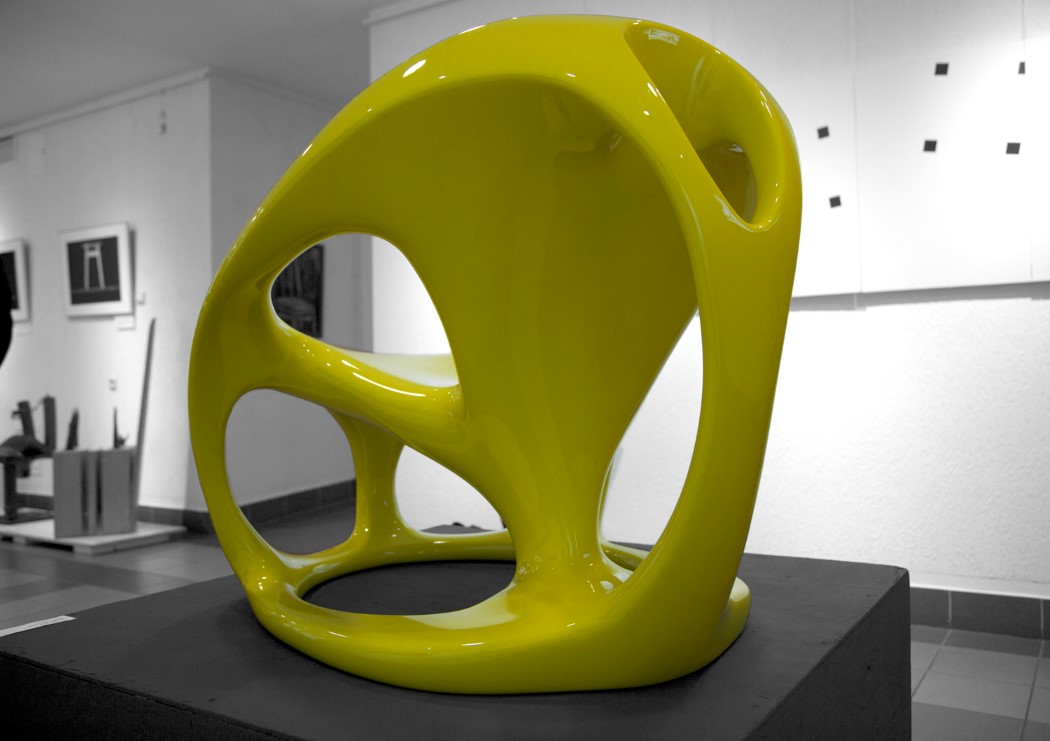
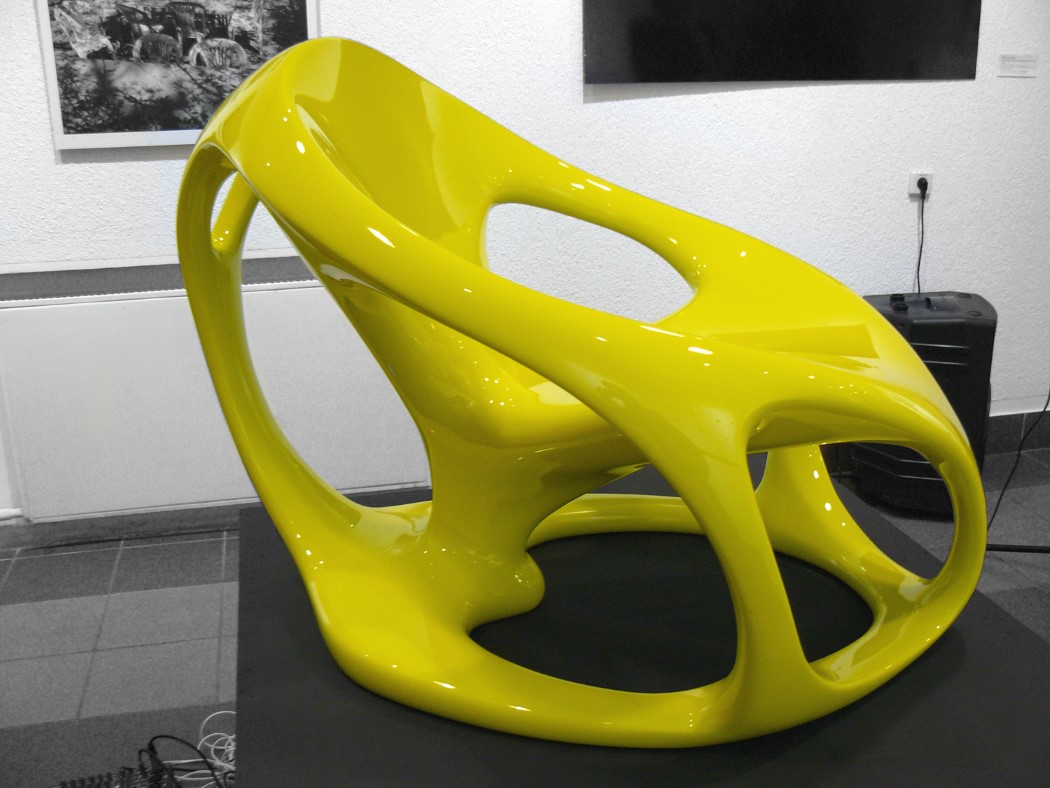
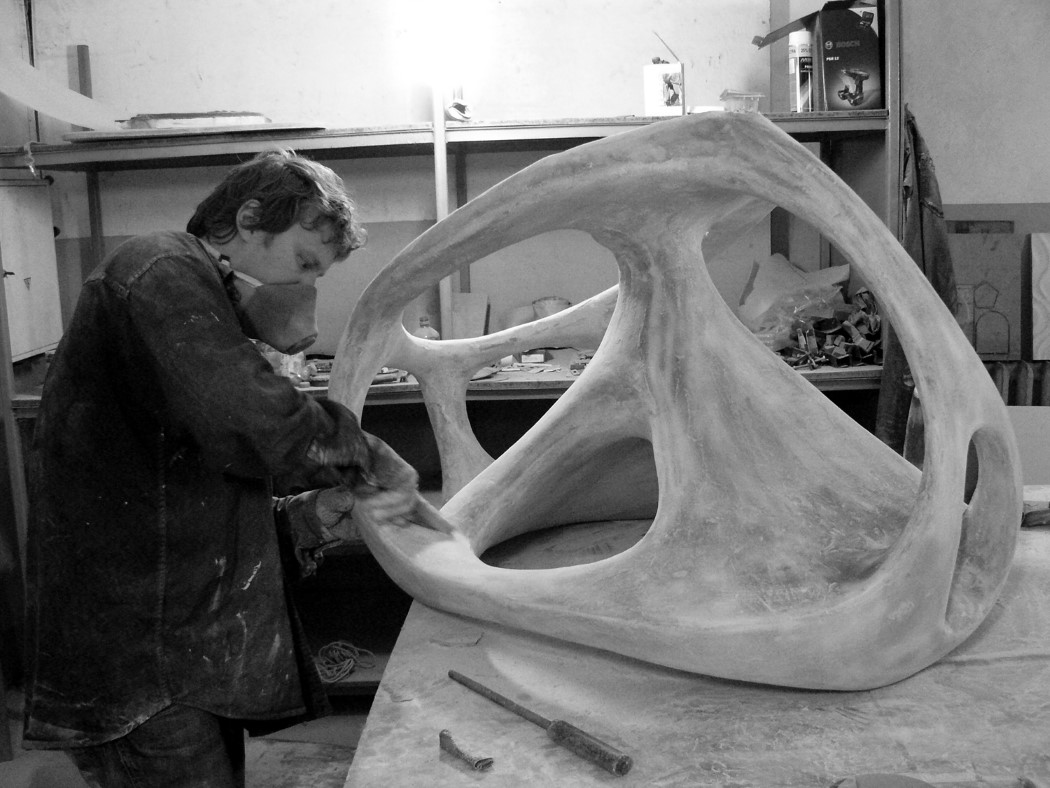

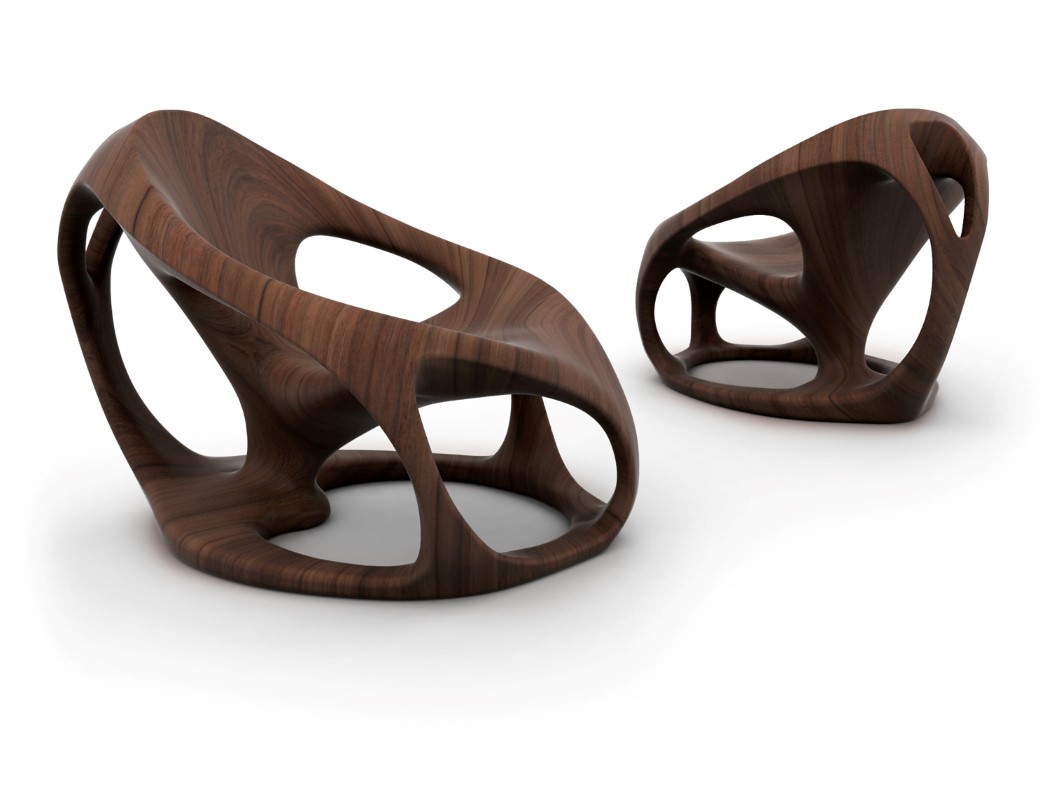

 Scientists at the George Institute of Technology have discovered a material so versatile that it can form solid objects, bend under pressure without breaking, easily float on water and even disperse into a liquid when something tries to pass throug...
Scientists at the George Institute of Technology have discovered a material so versatile that it can form solid objects, bend under pressure without breaking, easily float on water and even disperse into a liquid when something tries to pass throug...
We've all been enjoying the benefits of AMOLED displays for several years now -- high contrast ratios, wide viewing angles and vivid colors -- so it was only a matter of time until organic films ended up in image sensors. Fujifilm and Panasonic have been working on organic CMOS image sensors and just showed the results of their collaboration at the 2013 Symposium on VLSI Technology in Kyoto. By replacing the traditional silicon photodiode with an organic photoelectric conversion layer, researchers have created image sensors with a dynamic range of 88dB (the industry's highest), a 1.2-fold increase in sensitivity (compared to traditional designs) and a 60-degree range of incident light (vs. 30-40 degrees, typically). What does this mean in practice? Less clipping in bright scenes, better low-light performance and richer colors and textures. The companies plan to promote these new organic CMOS image sensors for use in a wide range of imaging applications, including next generation cameras and phones. We can't wait!
Filed under: Cellphones, Cameras, Mobile
Source: Fujifilm

If there’s one thing scientists hate is to see and hear terms being misused by the general public, because of a bad education during their school years or simply being too lazy to look up the meaning of something they look to throw out of their mouths a bit too ...
Continue Reading on Walyou
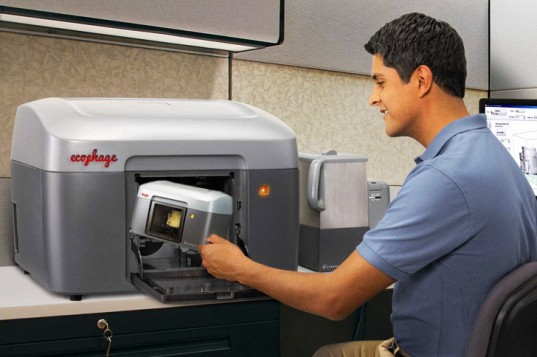
If you thought only animals could be cloned and replicated and that science cannot still clone devices, think again.
Researchers in Germany have devised a way to replicate 3D printers with the help of a 3D printer. The self replicating 3D printer is also environmentally friendly, and uses sustainable products and ...
Continue Reading on Walyou
Love Amazon's renowned two-day shipping? How about organic eats and other miscellaneous environment-friendly products? If so, then today's your very lucky day. Adding to the endless list of shopping sites it already owns, Amazon has just introduced Vine.com; a site which aims to be a one-stop web store for folks looking to snag anything from organic ingredients to beauty products like all-natural shaving oils and Kiss My Face foam soaps -- and yes, as we stated earlier, there's an option to get that speedy two-day delivery service. While chatting with Bits Blog, a Vine representative said the goal isn't "necessarily about saving the planet," but that his team does "feel the products are useful in that regard." Currently Vine.com is live in beta form, though that doesn't mean folks interested can't go browse around and order some goodies -- to do that, give the source link below a quick tap.
Amazon launches Vine.com for shoppers who live life on the 'green' edge originally appeared on Engadget on Wed, 26 Sep 2012 15:03:00 EDT. Please see our terms for use of feeds.
Permalink Bits Blog |
Bits Blog |  Vine | Email this | Comments
Vine | Email this | Comments Early research has had DNA making circuits and little factories. We haven't really seen DNA used as a storage medium, however, and it's evident we've been missing out. A Harvard team led by George Church, Sriram Kosuri and Yuan Gao can stuff 96 bits into a DNA strand by treating each base (A, C, G, T) as though it's a binary value. The genetic sequence is then synthesized by a microfluidic chip that matches up that sequence with its position in a relevant data set, even when all the DNA strands are out of order. The technique doesn't sound like much on its own, but the microscopic size amounts to a gigantic amount of information at a scale we can see: about 704TB of data fits into a cubic millimeter, or more than you'd get out of a few hundred hard drives. Caveats? The processing time is currently too slow for time-sensitive content, and cells with living DNA would destroy the strands too quickly to make them viable for anything more than just transfers. All the same, such density and a lifespan of eons could have us turning to DNA storage not just for personal backups, but for backing up humanity's collective knowledge. We're less ambitious -- we'd most like to know if we'll be buying organic hard drives alongside the fair trade coffee and locally-sourced fruit.
Harvard stores 704TB in a gram of DNA, may have us shopping for organically-grown storage (video) originally appeared on Engadget on Sun, 19 Aug 2012 01:06:00 EDT. Please see our terms for use of feeds.
Permalink ExtremeTech |
ExtremeTech |  Harvard University | Email this | Comments
Harvard University | Email this | Comments